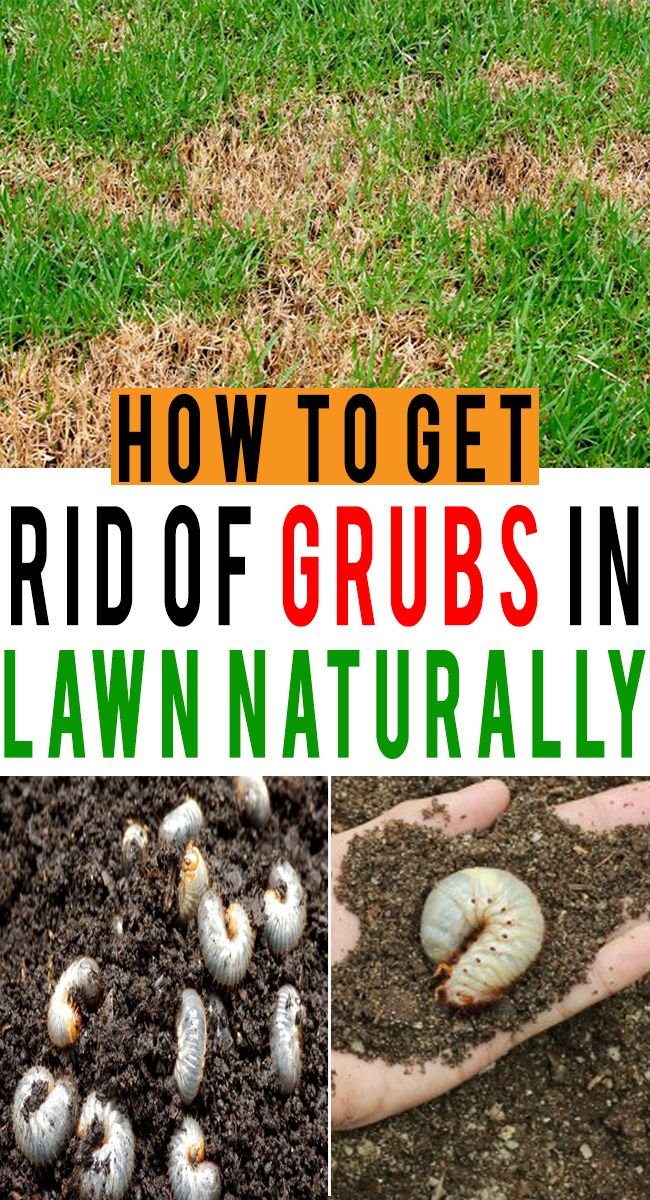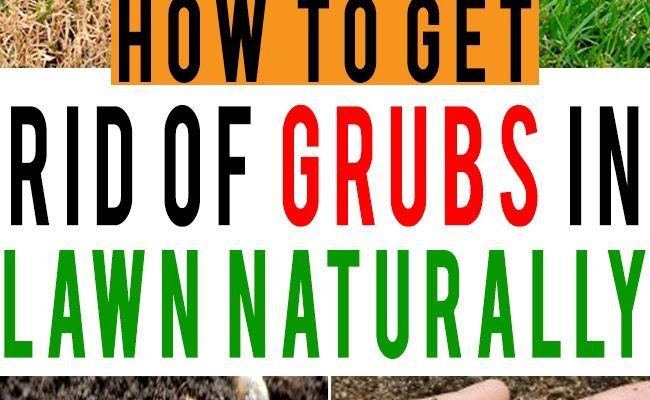
You might be wondering, “How does my yard waste even contribute to the spread of grub worms?” Well, just like bringing home groceries can lead to some food going bad if not stored properly, yard waste can harbor grub eggs and larvae if not handled correctly. Tossing your clippings and debris into a compost pile without a second thought can unintentionally create a cozy home for grub worms. Let’s dive into some actionable steps to avoid this issue together.
Understanding Grub Worms
Before we jump into prevention techniques, it’s helpful to know what grub worms actually are. Grub worms are the larvae of several types of beetles, including Japanese beetles and June bugs. They spend their early life underground, munching on the roots of your grass and plants. This can lead to brown patches in your lawn and even kill off entire sections if the infestation is severe.
Grub worms thrive in moist environments, making your yard waste a potential breeding ground if not handled properly. The decomposing organic matter provides perfect conditions for them to thrive. If you’ve ever seen your neighbors struggling with patches of dead grass, there’s a good chance grubs are involved.
So, how can you prevent spreading these pests while keeping your yard tidy? Let’s explore some practical tips.
1. Proper Yard Waste Disposal
One of the best ways to stop grub worms from spreading is to dispose of your yard waste correctly. Rather than tossing everything into one pile, consider separating your waste. Here are some things you can do:
- Composting: If you’re composting, be aware that adding infested materials can lead to problems later. Always check for signs of grubs in leaves or clippings before adding them to your compost bin.
- Bagging: If you notice any grubs or damaged plant material, bag it up and throw it away. Don’t risk it by adding it to your compost.
- Burning: In some areas, you can legally burn yard waste. Just make sure to check guidelines first, as this can be a quick way to eliminate grubs.
By properly disposing of your yard waste, you help minimize the chances of grub worms making a home in your compost or garden.
2. Monitor Your Yard for Infestations
Monitoring your yard for signs of grub worms is vital for early intervention. Knowing what to look for can save your lawn from severe damage. Common signs include:
- Browning Grass: If you notice patches of grass turning brown and pulling up easily, grubs might be to blame.
- Animals Digging: If you see your pets or wildlife digging in your yard, they might be searching for grubs.
- Dead Roots: Gently pull up sections of grass; if the roots are damaged, grubs could be living below.
Regularly checking your lawn not only helps you catch infestations early but also encourages you to be more mindful of what you’re adding to your yard waste.
3. Timing Is Key
When you handle yard waste can make a big difference in preventing grub worms from spreading. Grub eggs are often laid in the spring or early summer, so cleaning up during these times is especially crucial.
Here’s a quick timeline to keep in mind:
- Spring: While you may be eager to clean up after winter, it’s important to be cautious with your yard waste during this time. Look for any grub activity and dispose of any affected materials.
- Summer: This is when grubs are most active. Make sure to monitor your yard closely and dispose of any waste properly.
- Fall: As leaves begin to fall, be proactive by removing debris regularly. This prevents grubs from finding a winter home.
By paying attention to timing, you can reduce the likelihood of creating a habitat for grub worms.
4. Use Natural Pest Control
If you’re worried about grubs but don’t want to resort to harsh chemicals, there are several natural options you can try. Here are a few:
- Nematodes: These microscopic worms are natural predators of grubs. Applying them to your lawn can help keep grub populations under control.
- Beneficial Insects: Encouraging insects like birds and beetles can help keep grub numbers in check.
- Neem Oil: This natural oil disrupts the life cycle of grubs if applied correctly, helping to prevent infestations.
Using these natural solutions not only helps control grub populations but also aligns with eco-friendly gardening practices.
5. Educate Yourself and Neighbors
Building a community of aware and informed neighbors can be incredibly powerful in combating grub worm issues. Share information and tips with your community to ensure everyone understands the importance of proper yard waste disposal. You might even consider organizing a neighborhood clean-up day to tackle yard waste together!
Here’s how to get started:
- Community Workshops: Host sessions where you discuss pest management and proper waste disposal methods.
- Sharing Materials: Create flyers or online resources that outline effective ways to handle yard waste.
- Group Monitoring: Encourage neighbors to regularly check their yards for signs of infestation and report back to each other.
The more everyone knows, the less likely an infestation will spread throughout your neighborhood.
6. Consult with Professionals
Sometimes, it’s best to call in the experts. If you notice a significant grub worm problem in your yard, hiring a pest management professional can make all the difference. They can assess the situation accurately and provide effective treatment options tailored to your needs.
Before choosing a service, consider:
- Experience: Look for professionals who have a solid track record in managing grubs specifically.
- Organic Options: If you’re concerned about chemicals, ask about organic treatment options.
- Customer Reviews: Check online reviews to gauge the effectiveness and reliability of potential services.
Sometimes, investing in professional help is the most effective way to protect your lawn.
Avoiding the spread of grub worms through yard waste requires a combination of attention, knowledge, and community involvement. By learning how to properly dispose of your yard waste, monitoring your lawn, and taking preventive measures, you can keep these pesky pests at bay. Remember, just like in any relationship—whether it’s with your lawn or your neighbors—communication and care go a long way in creating a beautiful, healthy environment.
So the next time you’re out there raking leaves or trimming hedges, keep these tips in mind. Your lawn (and your neighbors) will thank you!

